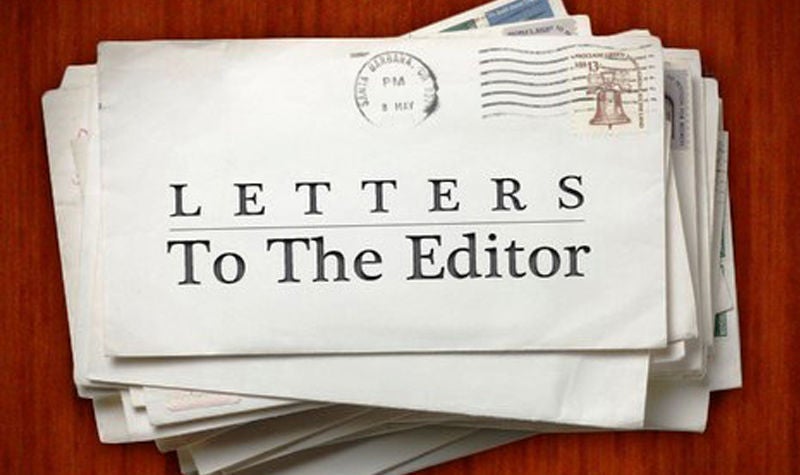America should update the presidential primary process
Published 3:41 pm Saturday, January 18, 2020
As we welcome the new year, presidential campaigns across the country are gearing up for a whirlwind few weeks in advance of the first few primary elections. Within the next few weeks, the fourteen remaining presidential candidates seeking the Democrat party nomination will be whittled down significantly. Within the first days of 2020, the last of two Texas presidential candidates running in the Democrat primary finally called it quits. Due to the inane primary election schedule to which our nation adheres, all presidential primary candidates focus their attention on the early primary states of Iowa and New Hampshire, resulting in the weeding out of candidates all too early by a single-digit percentage of the total electorate.
Things might have been different for the two Texans if the presidential primary elections were held in a way that makes sense. It is hard to find the logic in allowing two states with small and homogenous populations to go first, ending the bids of so many would-be nominees. Wouldn’t it make more sense to allow states that have similar demographics to those of our great nation to go first?
The State of Iowa boasts a population of just over 3 million people, ninety percent of which are white. Just over one million people call the State of New Hampshire home, and ninety-three percent of them are white. Contrast this to Texas, a state with a population of 30 million people, with a demographic makeup that mirrors that of the U.S. as a whole. According to the Census Bureau, by 2022, Hispanics will become the largest population group in Texas. The demographic trends taking place in Texas parallel the same trends across the U.S. For this reason alone, shouldn’t Texas voters – those who represent a microcosm of the nation as a whole – be one of the first states to vote in a presidential primary?
Since 1988, Texas has participated in “Super Tuesday,” held the first Tuesday in March, while much smaller homogenous states have stubbornly remained first in the presidential primary lineup. By the time Texas voters have the opportunity to elect the candidate of their choice, the race is all but decided. The last time Texas mattered in this process was the 1976 primary between Gerald Ford and Ronald Reagan.
Allowing Texas, and other more diverse and populous states to hold presidential primaries first, would result in a more robust discussion of issues facing millions of Americans by candidates in both parties. Allowing Texas voters to go first would ensure that issues that have been put on the back burner while candidates campaign in Iowa and New Hampshire will be discussed sooner and in more detail. Candidates will be forced to spend more time discussing major issues facing the State of Texas, including border security and immigration policy and military preparedness and veterans issues, rather than discussing ethanol subsidies and other myopic issues exclusively affecting residents of early primary states.
Currently four states precede Texas in holding presidential primaries, however, 13 other states, including California, hold primary elections on Super Tuesday in March. By the time Election Day rolls around in Texas, your favorite candidate will likely have dropped out of the race. Texans should not stand for sharing fifth place with 13 other states.
Historically, national party organizations have threatened to penalize states that elect to move their primary election dates ahead by reducing the number of their delegates and withholding guest passes for the national convention. States should stand up to the political parties and refuse to let them threaten voters into succumbing to their preferred election calendar.
It is time for Texas voters to become relevant. Contact Governor Abbott, Lt. Gov. Patrick, and your state legislators to urge them to get on board with a plan to move Texas up in the presidential primary schedule.
Lyle Larson, R-San Antonio, represents part of San Antonio in the Texas House of Representatives. He can be reached at lyle.larson@house.texas.gov or @RepLyleLarson.







